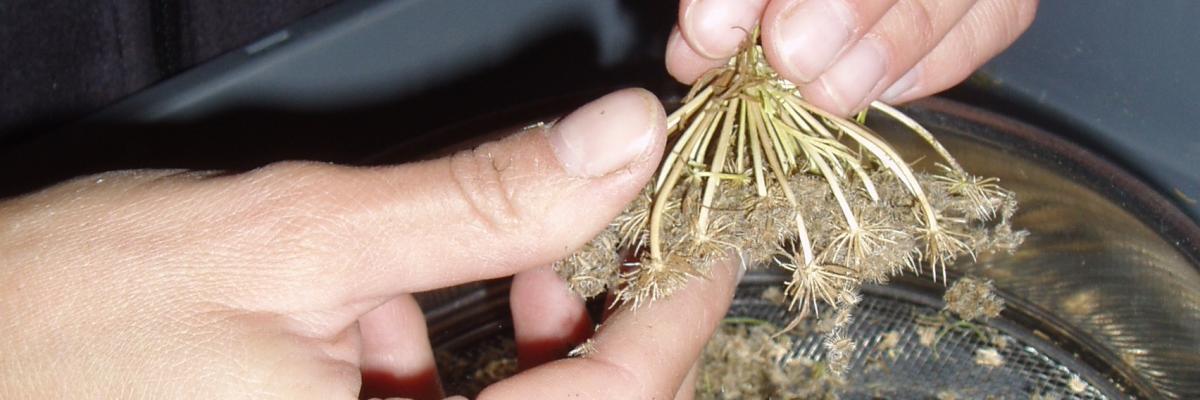

Heritage Seed Library Seed Saving Guidelines
Download the PDF
Garden Organic’s Heritage Seed Library (HSL) aims to conserve and make available vegetable varieties that are not widely accessible or readily offered by seed catalogues. Their ‘living collection’ of seeds, available through a membership scheme, is helping to ensure that many varieties won’t vanish. Open pollinated varieties are genetically diverse, have a big capacity to adapt to changing conditions (i.e. the climate and variations in food supplies) and pressure from pests and diseases. This is a useful guide for anyone interested in seed saving and if you wish to contribute to the HSL collection. It provides reasons for saving seed, basic botany for seed savers, preserving varietal purity, seed storage for a longer life, and takes you through the different steps of seed saving for a number of well known vegetable and salad crops; covering growing and roguing, pollination and isolation, harvesting, cleaning, storage, and how to return seed to HSL.
- While seed catalogues offer new and improved varieties every year, the choice continues to narrow due to legal and commercial pressures, as does the genetic pool from which they are bred. This loss of diversity means less choice for growers and an increase in genetic uniformity in the fields.
- Genetic uniformity and mono-cropping can increase the risk of pest and disease, and varieties can lack the range of genetic information needed to allow them to adapt to new and changing conditions. With changes in climate, pests and diseases and agricultural practices, variety choice is necessary.
- Saving your own seeds allows your varieties to adapt to your own specific conditions and you can note any useful characteristics such as pest or disease resistance.
- To preserve varieties and continue to grow them, you need to remove plants that are too far removed from the original standard for the variety, and prevent cross-pollination, ensuring seed you save remains true-to-type.
- The easiest way to prevent cross-pollination is to grow just one variety, but to reduce the risk, grow varieties far enough apart (in distance and time), or try using physical barriers.
- It is important to store seeds in the best ways to ensure their longevity - avoiding moisture and warmth.
Header image: Saving carrot seeds - courtesy of Garden Organic
